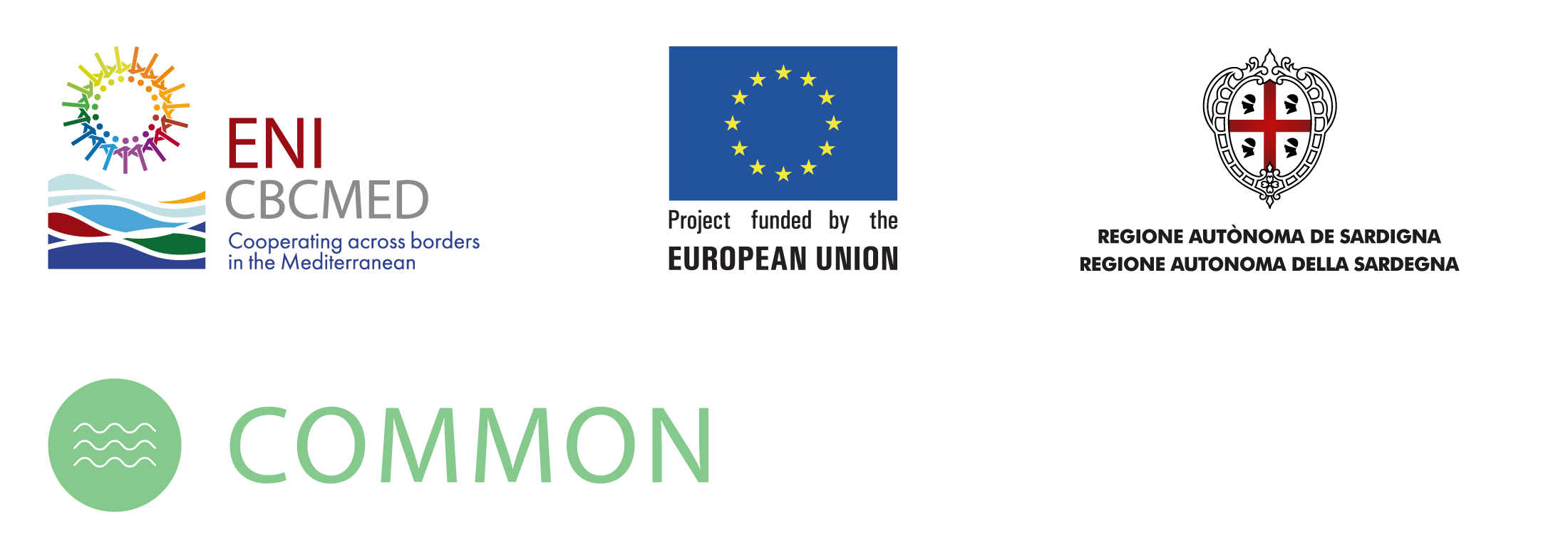Launched BEach CLEAN, an awareness campaign to address the emergency of marine litter on Mediterranean beaches. The initiative stems from the need to protect the beaches environmental heritage and promotes a productive dialogue with the tourist operators and with citizens, starting from the sharing of a decalogue with ten good practices to follow for a correct waste management and to raise awareness of the consequences of waste abandonment.
The ten golden rules proposed in the decalogue, in poster format, will be posted in the main Italian, Lebanese and Tunisian tourist and bathing establishments. Places that generally undergo a remarkably high tourist influx during the summer season, and which coasts see the percentage of waste beached day after day.
During the summer season, in fact, seaside tourism increases the marine litter issue by more than 40%, so much so that the bad management of urban waste is confirmed as one of the main cause of the waste on monitored beaches, together the lack of purification systems and the bad habit of throwing urban waste into the toilet. To stem the waste emergency on the beaches and, consequently, in our seas, it therefore becomes essential to start from the individual daily actions. A tourist informed on the good practices to be adopted, together with a network of tourist structures aware of the correct waste management, can make the difference.
The campaign is part of the COMMON (COastal Management and MOnitoring Network for tackling marine litter in Mediterranean Sea) an ENI CBC Med project born from a collaboration network between Italy, Lebanon and Tunisia, with the aim to reduce the marine litter in the Mediterranean area.
In particular, the BEach CLEAN campaign, which will last until 30 September, will be launched in 5 different areas of the Mediterranean – the 5 involved in the COMMON project: Maremma and Salento in Italy, Kuriat Island and Monastir in Tunisia, and the Tyre Coast Nature Reserve in Lebanon, with the aim of promoting sustainable and inclusive bathing establishments, places that know how to improve respect for the environment and guarantee tourists and visitors the opportunity to live the beach responsibly.
The marine litter issue has a negative impact on vital economic sectors, from tourism to fishing, causing economic losses to individuals, businesses, and communities, has its roots in land-based activities. The 22 countries in the Mediterranean area, with over 450 million inhabitants, can generate to a maximum of 760 kg of solid waste per capita every year, waste that often lands on the beaches, damaging not only the environmental heritage, but also the biodiversity that the sea guards.
The bathing establishments that will take part in the initiative, in addition to the posting of the decalogue in the tourist places of competence, will be called to take part in a survey, to be completed at the beginning and end of the summer season, aimed at knowing and analysing the health conditions of the beaches overlooking the Mediterranean, and to improve the relationship between tour operators and the ecosystem. A questionnaire will then be dedicated to tourists, to learn about the habits related to their daily waste management and to analyse the main difficulties related to their correct disposal. All interested tourist can tell about their relationship with the sea here: https://bit.ly/BEachCleanTourists
In addition, in this summer marked by the emergency and the rules of distancing, sustainable tourism also passes by the correct use and disposal of personal protective equipment, such as gloves and masks, whose abandonment in the environment is increasingly reported even in the coastal areas. The BEach CLEAN campaign aims, among others, to assess the presence of these ‘new wastes’ on the selected beaches, and to raise awareness of their correct management.

